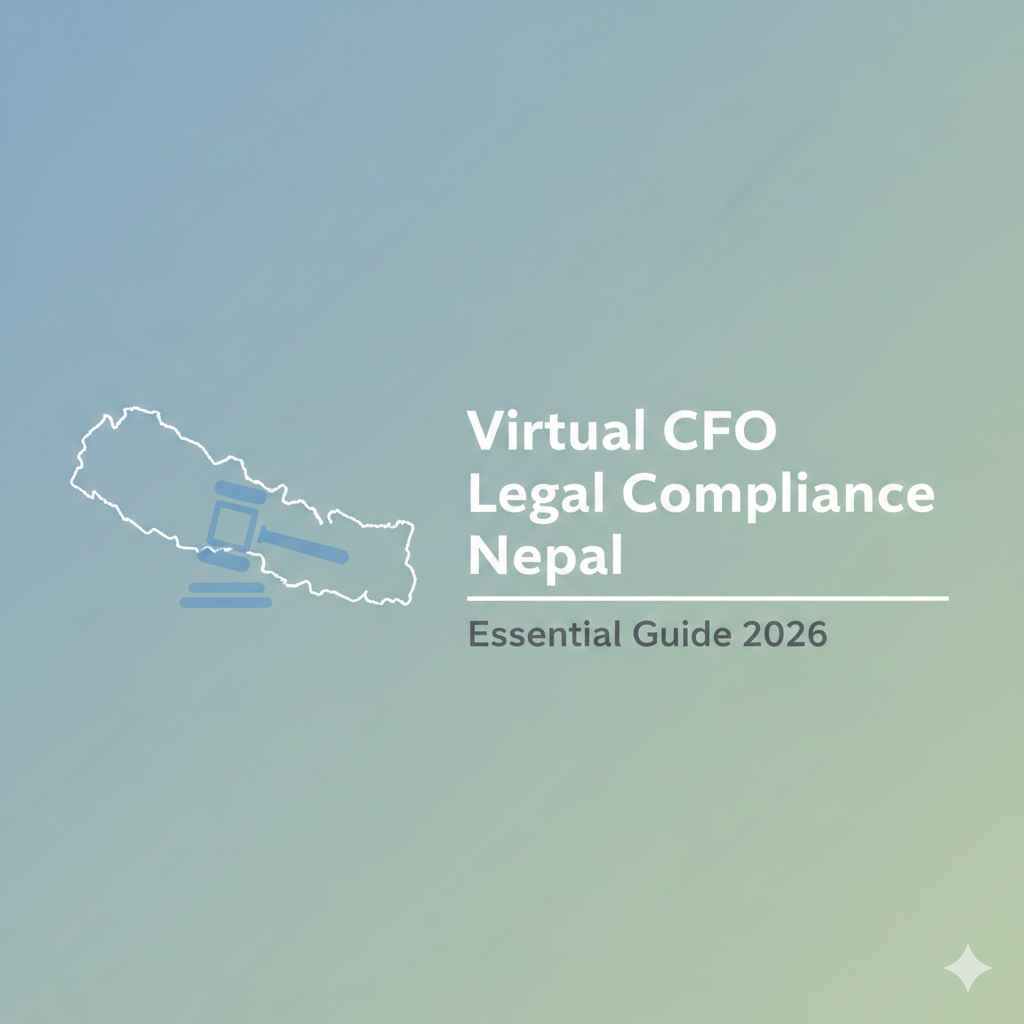
Introduction to Procurement Law in Nepal
Procurement law governs the process by which government entities in Nepal acquire goods, services, and works from the private sector. This law ensures fairness, transparency, efficiency, and accountability in the use of public resources.
In Nepal, public procurement plays a critical role in national development and the delivery of essential public services. Understanding procurement law is vital for contractors, suppliers, lawyers, and policymakers.
History of Procurement Law in Nepal
Nepal’s journey in procurement legislation began with the need to address irregularities and promote transparency in government purchases. Here’s a brief timeline:
1. Pre-2000 Era: Unregulated Practices
Before the introduction of procurement laws, government purchases were managed through general administrative practices. There was no uniform legal framework, leading to corruption and inefficiency.
2. The First Step – Financial Administration Regulations
Some efforts were made to regulate public purchases through Financial Administration Regulations, but they lacked a robust enforcement mechanism and clarity.
3. Public Procurement Act, 2063 (2007)
Nepal took a significant leap with the enactment of the Public Procurement Act, 2063 (2007). This was the first comprehensive law dedicated to public procurement, aimed at:
- Ensuring competition and fairness
- Promoting value for money
- Introducing e-bidding and procurement planning
- Creating a legal recourse mechanism through the Public Procurement Monitoring Office (PPMO)
4. Public Procurement Regulation, 2064 (2007)
To support the Act, the Public Procurement Regulation, 2064 was introduced, detailing procedures and technical standards.
5. Amendments and Reforms
Over the years, several amendments have been made to address evolving procurement needs, incorporate international standards, and strengthen monitoring systems.
Key Legal Provisions of Public Procurement Law in Nepal
The core legal instruments governing procurement in Nepal include:
1. Public Procurement Act, 2063 (2007)
This Act governs all public procurement activities and applies to federal, provincial, and local government entities. Key highlights:
- Eligibility and Qualification: Bidders must fulfill specific legal, financial, and technical criteria.
- Procurement Planning: Entities must prepare annual procurement plans.
- Tendering Methods:
- Open Competitive Bidding (OCB)
- Sealed Quotation
- Direct Procurement (for urgent or low-value needs)
- Two-Stage Bidding
- Framework Agreements
- Contract Award: Based on lowest evaluated responsive bid or best value.
- Grievance and Complaint Mechanism: Includes review by the procurement entity, the Review Committee, and appeals to court.
2. Public Procurement Regulation, 2064
This Regulation details:
- Bid preparation and submission procedures
- Bid evaluation criteria
- Contract management
- Standard bidding documents and guidelines
3. Public Procurement Monitoring Office (PPMO)
The PPMO operates under the Office of the Prime Minister and Council of Ministers. It:
- Develops and enforces procurement policies
- Provides training and manuals
- Monitors procurement performance
- Operates the national e-GP (electronic Government Procurement) system
Electronic Government Procurement (e-GP) System
The e-GP system is an online platform for managing public procurement processes electronically. Benefits include:
- Enhanced transparency
- Reduced administrative costs
- Increased bidder participation
- Real-time monitoring
Challenges in Procurement Law Enforcement in Nepal
- Lack of skilled procurement professionals
- Delays in contract implementation
- Political interference
- Corruption and collusion
- Poor contract management and monitoring
Reforms and Future Outlook
Nepal is actively reforming procurement laws to:
- Align with UNCITRAL Model Law and international best practices
- Strengthen anti-corruption mechanisms
- Improve training and capacity building
- Enhance digital procurement systems
Why Procurement Law Matters in Nepal
- Ensures efficient use of taxpayer money
- Supports good governance
- Boosts private sector participation
- Reduces corruption and mismanagement
- Promotes fair market competition
FAQs on Procurement Law in Nepal
1. What is the main law governing public procurement in Nepal?
The Public Procurement Act, 2063 (2007) is the primary legislation governing public procurement in Nepal.
2. Who is responsible for overseeing procurement in Nepal?
The Public Procurement Monitoring Office (PPMO) under the Office of the Prime Minister is the regulatory authority.
3. What are the common procurement methods in Nepal?
Open bidding, sealed quotations, direct procurement, and two-stage bidding are commonly used methods.
4. Can foreign companies participate in public tenders in Nepal?
Yes, foreign companies can bid, especially for large or donor-funded projects, but they must meet eligibility criteria and may require local partners.
5. What is the e-GP system in Nepal?
The e-GP system is Nepal’s digital platform for public procurement processes, operated by the PPMO.
6. How can a contractor file a complaint against unfair procurement practices?
Contractors can file complaints to the procurement entity first, and if unsatisfied, escalate to the Review Committee or even the courts.
Conclusion
Procurement law in Nepal is a vital component of public administration. It ensures that the government obtains value for money while maintaining transparency and accountability. For legal professionals, contractors, and business owners, understanding procurement laws is crucial to navigating public tenders and securing contracts ethically and legally.



